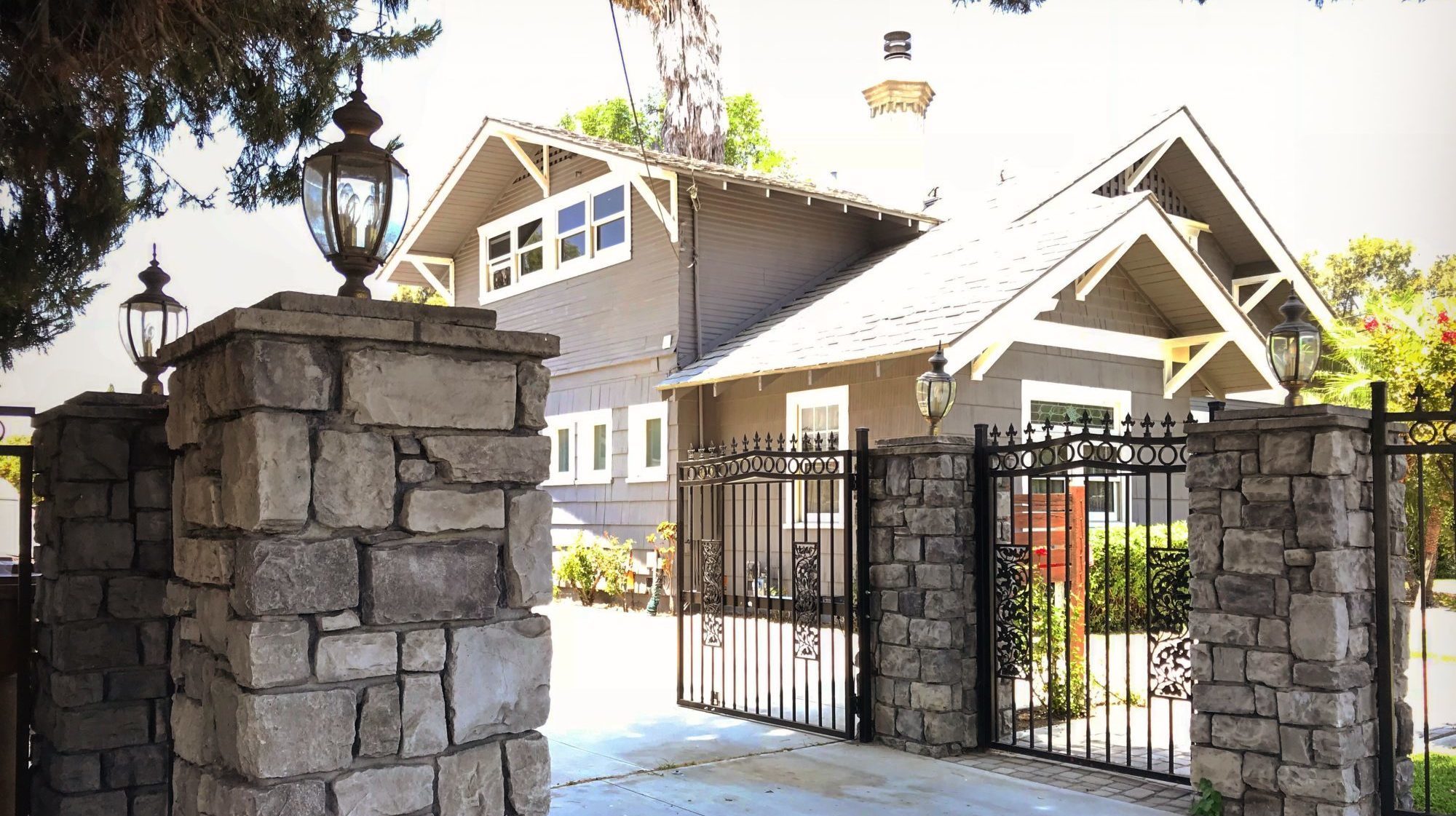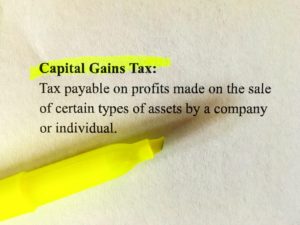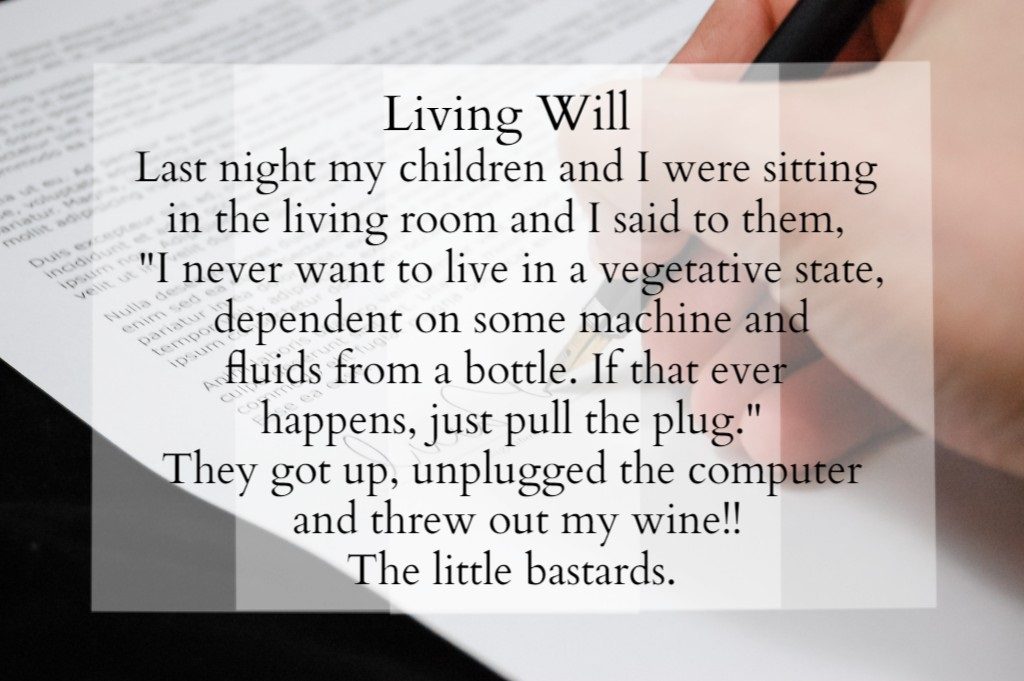Free money is always an alluring thing; and it takes a while to believe that “there is no such thing as a free lunch.” And have you ever heard the phrase: “We’re gonna be in your neighborhood helping your neighbors get free (or inexpensive) energy efficient improvements. Can we come by and give you an estimate?”
There are two popular programs that people use to add and upgrade to their home: The HERO Program is an energy efficient financing program in the United States; HERO stands for Home Energy Renovation Opportunity. The mothership is known as “PACE: Property Assessed Clean Energy (PACE) which is a means of financing energy efficiency upgrades or renewable energy installations for residential, commercial and industrial property owners. … PACE can also be used to finance leases and power purchase agreements (PPAs).”
Simply put, these programs work by adding the payments of the loan onto your property taxes. The two main PACE financiers are Renovate America and Renew Financial. Typically a 20 year repay, $3.6 billion was loaned last year for these renovate and tax loans.
Doing due diligence is incredibly important here. PACE/HERO tend to have some control of which contractors and such are hired to do the job. A good amount of the time this means that the home owner doesn’t get to shop around and find a fair market value on their upgrades resulting in quite an inflated cost. It is also becoming all too common for seasoned seniors who used PACE to upgrade their homes to lose their homes because of it… Too many are being forced out of their homes because they are on limited or fixed income and can’t afford the increase on their property taxes for the windows or concrete upgrades.
One example a local lender provided was a $70,000 price tag (for maybe $30,000 worth of work): all financed thru PACE loans. It involved concrete and drought tolerant plantings on a small lot. When they saw their first tax bill, with a $7000 add on for clients on low income, they about died from the sticker shock.
The problem for seniors and other owners dawns often when they see that first property tax bill. And that’s just the beginning…
You don’t pay your taxes monthly unless through an escrow account for taxes and insurance. Normally, you pay half each, with the two annual prop tax payments on April 10 and Dec 10.
If you don’t pay, because you are choosing between taxes and tamales or other luxuries like food and gas, you get penalties. Expensive penalties…
Note: these are “breath on a mirror” loans. No equity check nor debt ratio and you can borrow up to 15% (10% up to $700k home value). Also, it is NOT deductible since it is repayment of improvements NOT property tax.
All these temptations leads to a growing problem: strapped new homeowners as well as seniors who get sticker shock in October when the tax bill comes due. Think about it: you get behind on your taxes, and the assessor will penalize you 10% for a late bill AND, to add salt to the wound, 18% per year (1.5% per month) penalties on the loan. What’s owed can grow exponentially. All for that drought tolerant lawn or windows that don’t pay you a monthly dividend like solar can.
Triple whammy: if you are forced to sell to prevent foreclosure or just because it’s time, Freddie Mac and Fannie Mae are out, FHA now as well. You have to pay off the outstanding debt in escrow: $50K? $70K? You could be upside down, especially if the tax penalties are accruing, even with the positive market value increases since 2011.
Call with your questions: we can help if you are in this situation.
There can be some situations where the loan helped out the owner, but it takes a lot of planning and knowledge on the part of the home owner.
When looking for a home for my niece and nephew in law, we found a great home in Norco that had solar. I spent considerable hours talking to the current owners (who knew little about their two year old system) and the contractors and HERO/PACE people.
The PACE related upgrades for my Norco clients involved solar only; and Norco is an area of high summer heat AND rising electricity costs. The jury is still out on the decision but in this case, there is visible returns on their decision. They have been selling energy back to the grid but again, this is no lottery: look for the devils AND angels in the details.
Suggestion:
GET AT LEAST TWO OR THREE BIDS FROM CONTRACTORS. YOU WILL BE AMAZED.
Often, the contractors have a captive audience, you! The cost of the improvements may be a third or twice as much as if you are paying cash. The dirty secret is you ARE paying cash! They get paid thru PACE and generally cashed out (except for solar)
Kids, tell your parents NOT to do this without a family conference; seniors are targeted by cell centers, neighborhood walkers and more. Get multiple bids and ‘buy’ only what you need. Solar has some payback but even then, you often are paying for the power over time if leased. You could own the equipment but pay for the “access”
Super HEROes can become a villain in a hurry. Don’t risk your home without some serious effort to know the facts.
Committed to helping you with your real estate needs, wants and questions.
Len Beckman
Broker/Owner of M3RealEstate


